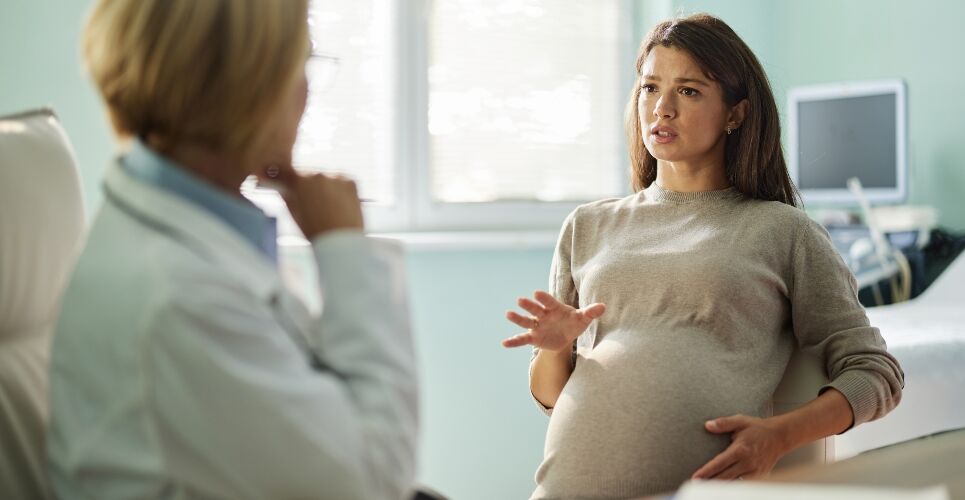Decision support tools to help clinicians and patients decide whether or not valproate is the right option for them have been launched by NHS England.
In efforts to maintain patient safety and curb inappropriate prescribing of valproate during pregnancy, the tools are aimed at women, girls and anyone who could become pregnant, aged between 12 and 55, who are considering or taking valproate for epilepsy or bipolar disorder.
Developed in accordance with the NICE standards framework for shared decision-making support tools, the aim is to help patients understand the benefits and harms of taking valproate, and come to a decision based on what matters most to them.
NICE guidance states that the medication ‘must not be used in women and girls of childbearing potential (including young girls who are likely to need treatment into their childbearing years), unless other options are unsuitable and the pregnancy prevention programme is in place.’
Sodium valproate is prescribed as a treatment for epilepsy and bipolar disorder and can cause birth defects in around one in 10 babies born to those taking it while pregnant, as well as causing developmental problems in 30-40% of children whose mothers took the medicine while pregnant.
Updated valproate advice
The new tools come after the independent Commission on Human Medicines (CHM) advised in December that two specialists must independently consider that valproate is the only effective or tolerated treatment before a patient under the age of 55 can be initiated on the medication.
The Commission also advised that men under the age of 55 should also be offered the opportunity to have their treatment reviewed. The UK’s Medicines and Healthcare Regulatory Agency is set to release information about additional versions of the tools for men imminently.
According to NHS Digital, between April 2018 and September 2020, 180 females in England were prescribed valproate while pregnant. Some 47,532 females aged 0-54 were given one or more prescriptions for the drug over the reporting period, and 238 females stopped receiving prescriptions of valproate prior to their pregnancy.
A version of this story was originally published by our sister publication The Pharmacist.

